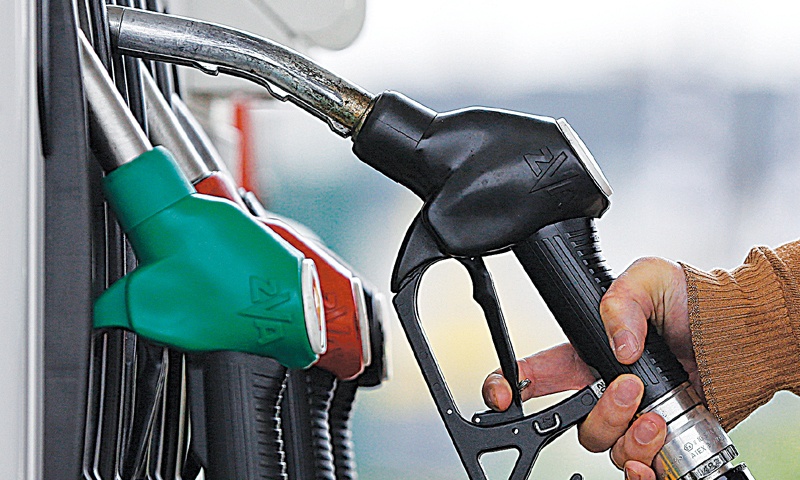ISLAMABAD: Prime Minister Imran Khan has rejected a proposal by the Oil and Gas Regulatory Authority (OGRA) to increase the prices of petroleum products and decided to maintain them for the next two weeks.
The Prime Minister made the decision at a time when the opposition was staging protests against rising inflation and unemployment in the country.
According to the Dawn newspaper, a statement issued by the Prime Minister’s Office said that the decision was taken by the Prime Minister “in the interest of the people and to provide relief to them”.
The statement further said that OGRA and the Ministry of Finance, keeping in view the oil prices in the global market, the price of petrol has gone up by Rs 11.53 paise, high speed diesel by Rs 8.49 paise and kerosene by Rs 6.29 paise. And the price of light diesel was proposed to be increased by Rs 5.72.
The statement quoted Prime Minister Imran Khan as saying that the government’s priority is to provide maximum relief to the people. Will endure
Interestingly, whenever there is an increase in oil prices, announcements are made by the Ministry of Finance, while in case of any change or reduction in prices, a statement is issued by the Prime Minister’s Office.
It may be recalled that on October 16, the prices of petroleum had reached record levels when the federal government had increased the price of petrol by Rs 10 and diesel by more than Rs 12 per liter.
This was the first time that the prices of all petroleum fuels in Pakistan exceeded Rs.
The current ex-depot price of petrol is Rs 137.79 while HSD, the most widely used petroleum fuel in the country, is being sold at Rs 134.48 per liter.
Petrol is mostly used in private transport, small vehicles, rickshaws and two-wheelers and has a direct impact on the budgets of the middle and lower middle class.
Similarly, the price of high speed diesel is considered to be very expensive as it is mostly used in heavy transport vehicles, trains and agricultural engines such as trucks, buses, tractors, tube wells and threshers.
With the expected gas shortage in the coming months, the demand for petrol is likely to increase further as the government may reduce the operation of compressed natural gas (CNG) stations to reduce its impact on domestic consumers.
Record high fuel prices have already had a devastating effect not only on the national economy, especially as the country is a net importer of energy, but also on the budgets of the aviation industry, Army Aviation and the Pakistan Air Force. There are also negative effects.

